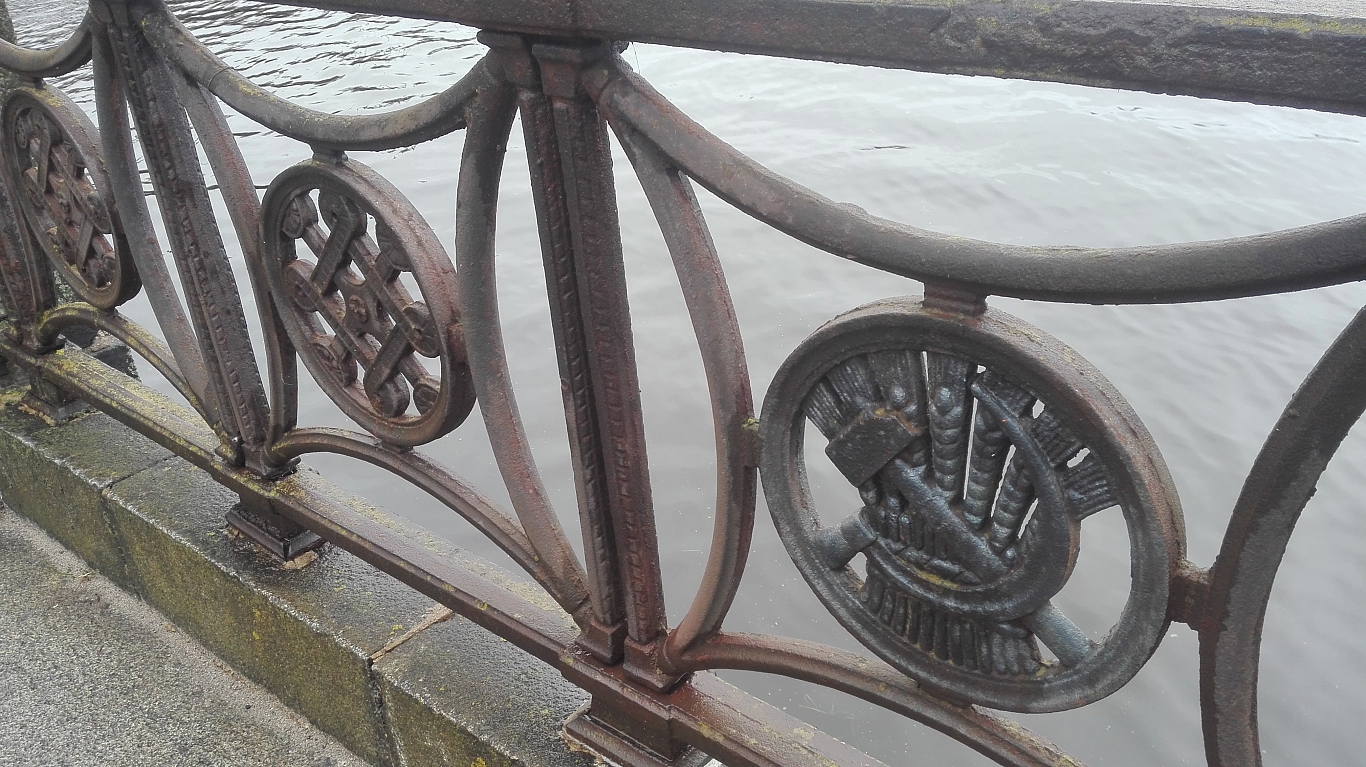The Law On the Prohibition of the Exposition of Objects Glorifying the Soviet and Nazi Regime and the Disassembly thereof in the territory of the Republic of Latvia will be seen in the first reading this week and is planned to be adopted by June 16.
It is intended to set a specific deadline of November 15, 2022, by which time specific sites are to be dismantled, said Ritvars Jansons, parliamentary secretary of the Ministry of Culture (National Alliance). The conditions will not apply to war graves and cemeteries.
“The dismantling requirement will only apply to monuments,” said Jansons.
It is planned that dismantling will be financed primarily by donations from natural and legal persons (individuals and organizations, including businesses) for this purpose. Other necessary funds could come from the budget resources of the State and the relevant local government, the Saeima press service said.
The draft law also includes specific provisions for the dismantling of the objects, including the provision that the relevant local government will be entitled to propose dismantling regardless of the ownership of the site without co-ordination with the owner or legal possessor of the land or object.
It is intended that original parts or fragments of dismantled objects with recognized artistic value or educational significance will be stored by the Occupation Museum.
In total, there are around 300 monuments, memorial plates, and memorial sites dedicated to the Soviet occupation regime and its army, as indicated in the annotation of the draft law.
As reported several times by LSM, special attention has been paid to Soviet monuments recently, especially the memorial in Uzvaras park in Rīga.
It should be underlined that at present the law is only at draft stage and will have to negotiate several readings and debates in Saeima to enter into law. During that process it will also be subject to amendment.



























